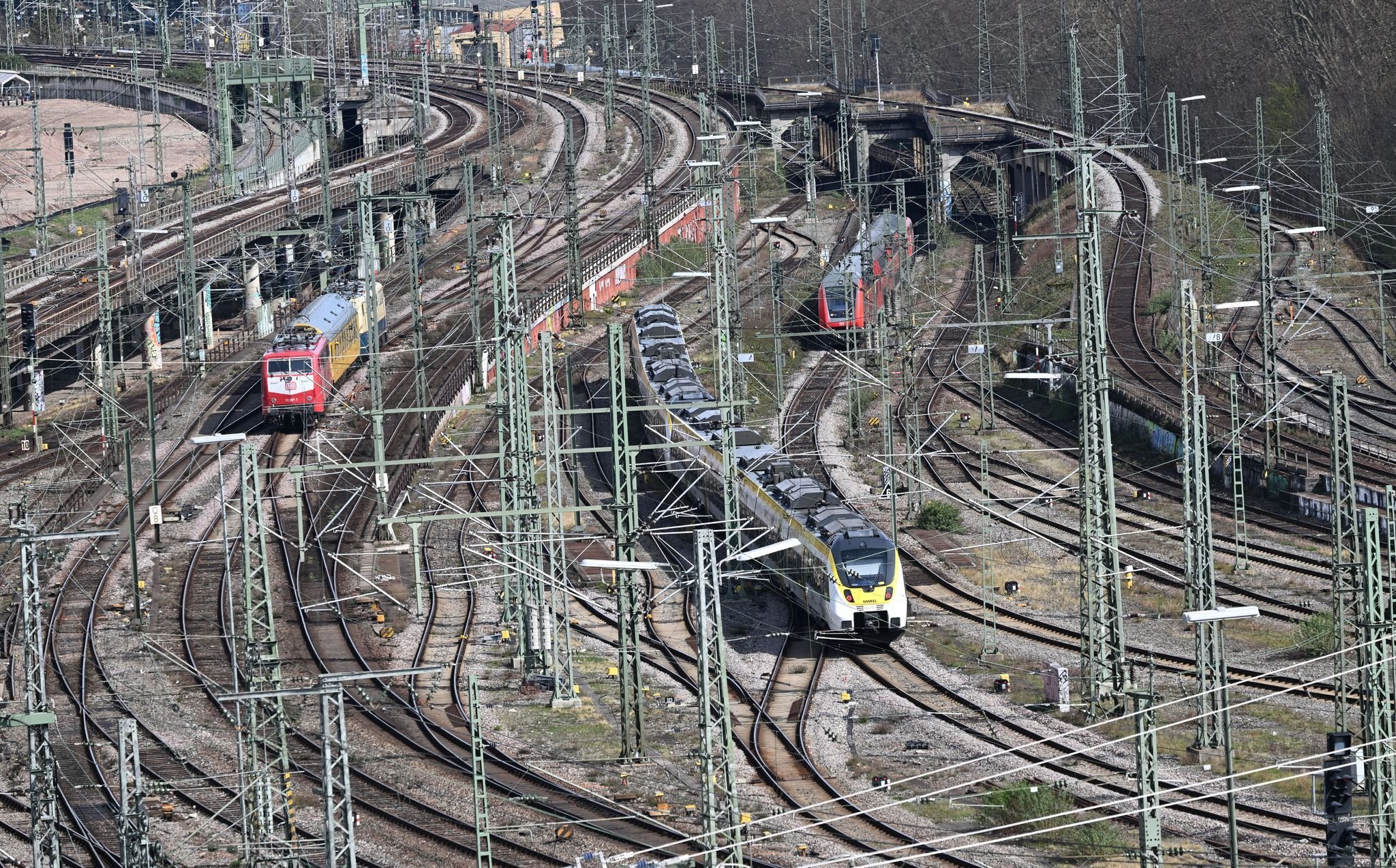In the dispute over the development of its central track areas, the city of Stuttgart is asserting its interests in court and is taking action against a tightening of railway law with a municipal constitutional complaint. This regulates the subsequent use of railway areas that are no longer needed and thwarts the city’s plans to build the new Rosenstein district as part of the Stuttgart 21 railway project. Since the town hall sees its municipal planning sovereignty curtailed by the legal situation and time is of the essence, the majority of the municipal council voted in favor of a complaint to the Federal Constitutional Court. The deadline for this expires at the end of the year.
City fears for “urban development opportunity of the century”
The law would block the construction of around 5,700 inner-city apartments for more than 10,000 people in times of greatest housing shortage, the city argued after the vote. An “urban development opportunity of the century for Stuttgart” is being made impossible, even though the railway no longer wants to use the track apron. The city had previously commissioned a report that made it feel strengthened in its position.
According to the new version, the Federal Railway Authority can only release railway areas if there is an overriding public interest. However, urban development projects such as the construction of apartments are not included. However, the state capital wants to build a district on the above-ground track areas at the main train station, which will be freed up by the construction of the underground station as part of Stuttgart 21. According to the previous plans, the tracks were to be dismantled; the city had bought the area – around 85 hectares – from the railway decades ago. According to the city, the Rosenstein Quarter is one of the most important building blocks for meeting the housing needs in Stuttgart.
Signs that the federal government is giving in
There are signs that the federal government and the Bundestag are still intervening in the dispute over the new version of the law. After the traffic light coalition has ended, the change to the law currently being debated in Berlin is likely to take longer.
It’s not just in Stuttgart that plans are in jeopardy. According to the German Association of Cities, track areas in Nürtingen (Esslingen district), in Ulm, Berlin, Düsseldorf and also in Braunschweig should actually be used for housing construction.


